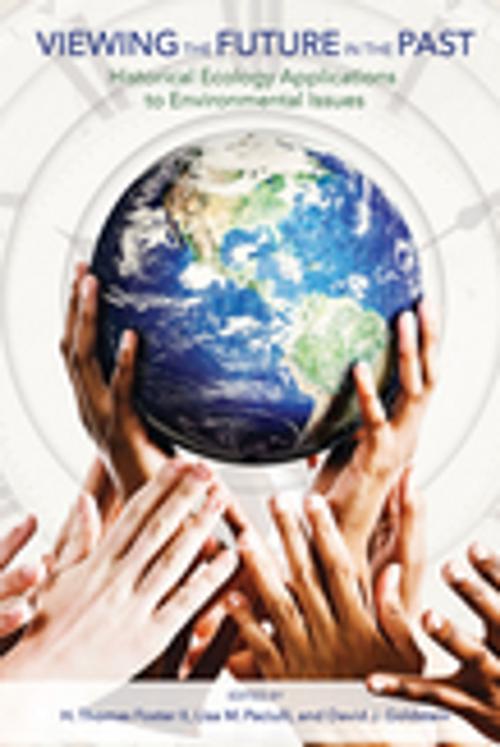Viewing the Future in the Past
Historical Ecology Applications to Environmental Issues
Nonfiction, Science & Nature, Science, Biological Sciences, Ecology, Nature| Author: | ISBN: | 9781611175875 | |
| Publisher: | University of South Carolina Press | Publication: | May 5, 2016 |
| Imprint: | University of South Carolina Press | Language: | English |
| Author: | |
| ISBN: | 9781611175875 |
| Publisher: | University of South Carolina Press |
| Publication: | May 5, 2016 |
| Imprint: | University of South Carolina Press |
| Language: | English |
Viewing the Future in the Past is a collection of essays that represents a wide range of authors, loci, and subjects that together demonstrate the value and necessity of looking at environmental problems as a long-term process that involves humans as a causal factor. Editors H. Thomas Foster, II, Lisa M. Paciulli, and David J. Goldstein argue that it is increasingly apparent to environmental and earth sciences experts that humans have had a profound effect on the physical, climatological, and biological earth. Consequently, they suggest that understanding any aspect of the earth within the last ten thousand years means understanding the density and activities of Homo sapiens. The essays reveal the ways in which archaeologists and anthropologists have devised methodological and theoretical tools and applied them to pre-Columbian societies in the New World and ancient sites in the Middle East. Some of the authors demonstrate how these tools can be useful in examining modern societies. The contributors provide evidence that past and present ecosystems, economies, and landscapes must be understood through the study of human activity over millennia and across the globe.
Viewing the Future in the Past is a collection of essays that represents a wide range of authors, loci, and subjects that together demonstrate the value and necessity of looking at environmental problems as a long-term process that involves humans as a causal factor. Editors H. Thomas Foster, II, Lisa M. Paciulli, and David J. Goldstein argue that it is increasingly apparent to environmental and earth sciences experts that humans have had a profound effect on the physical, climatological, and biological earth. Consequently, they suggest that understanding any aspect of the earth within the last ten thousand years means understanding the density and activities of Homo sapiens. The essays reveal the ways in which archaeologists and anthropologists have devised methodological and theoretical tools and applied them to pre-Columbian societies in the New World and ancient sites in the Middle East. Some of the authors demonstrate how these tools can be useful in examining modern societies. The contributors provide evidence that past and present ecosystems, economies, and landscapes must be understood through the study of human activity over millennia and across the globe.















